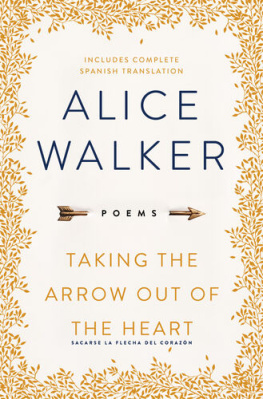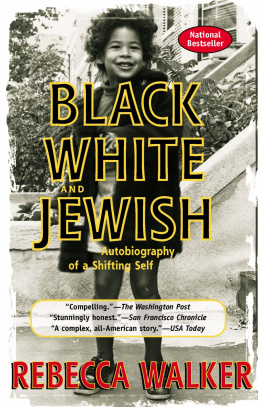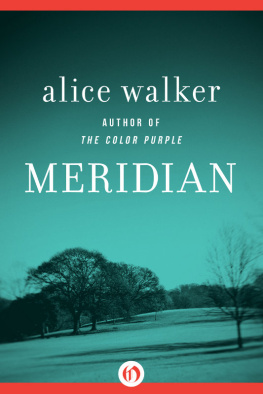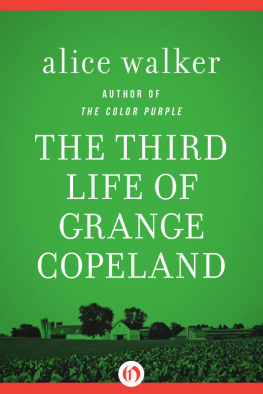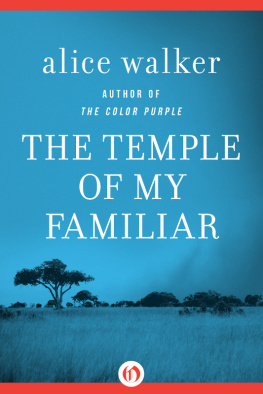FOREWORD
LOVE of one's own town is one of the dominant motives underlying good citizenship. The origin, growth, and development of a typical New England town, covering two centuries and a half, is a theme on which any thoughtful person may profitably dwell. In these busy days, however, few people have the time necessary to read a ponderous volume. For the many rather than the few this little book has been written.
The lands of the early settlers of Hadley are passing into the possession of the children of aliens, and the town -meeting, church, school, and homes are for these strangers to control. This book is for these also, that they may be imbued with the spirit of those mighty souls, which remains still potent enough to make Americans out of Europeans, even as in 1776 it made patriots and freemen out of the subjects of King George.
In the endeavor to make these pages interesting and to impart to them the fascination of a story, truth has not been sacrificed to style. Painstaking effort has been made to search the town records, to scrutinize every historical document, and to weigh carefully familiar traditions. The old dwellings, the highways and byways, the mountains, the river and the meadows, the ancient elms, heirlooms and antique relics have been questioned and cross-questioned until they have broken their silence of centuries and told the story of by-gone days.
The author acknowledges with pleasure the help derived from the study of the voluminous manuscripts of Sylvester Judd, now carefully guarded in the Forbes Library in Northampton, and his " History of Hadley," completed after his death by the late Lucius M. Boltwood. Credit should also be given for the aid afforded by " The History of the Hopkins Fund," prepared and published under the direction of the Trustees of Hopkins Academy. "The History of Western Massachusetts, by J. G. Holland, has elucidated some interesting points of the narrative.
It is hoped that this volume will be read and re-read, and that copies will be sent with the best wishes of the senders to distant friends, that all the world may be familiar with Historic Hadley, sitting by the riverside, the mother of towns, of churches, and of schools.
A. M. W.
Amherst, Mass., July 4, 1906
CHAPTER I. THE FOUNDERS AND THEIR FORTUNES
THE Indian owners of the valley bordering on Quonektacut, the "Great River," were very desirous that the English should settle in their midst. These lordly hunters scorned the thought of labor, and their toiling squaws were able to cultivate but a small portion of the fertile openings between the groups of pines and cedars. The white man, after the bargain was completed, would be willing that his red brothers should hunt in his forests and fish in his streams, and for his meadow land would pay long strings of wampum, coats and breeches, guns and ammunition, brass kettles, knives and needles, with perhaps a taste of the fiery drink known as "kill devil" to seal the bargain.
The Puritan members of the churches in Hartford and Wethersfield differed among themselves concerning baptism. Therefore the minority in each congregation withdrew from its communion, and, encouraged by Parson Russell of Wethersfield, commissioned Major John Pynchon, the famous trader, to buy for them a portion of the Massachusetts wilderness where in peace they might practice and believe. The old chieftains Chickwallopp, Umpanchala, and Quonquont were ready to sell their ancient heritage, and the Connecticut " withdrawers " were anxious to buy. The bargain, therefore, was soon concluded; each red man made his mark upon the deed; and the land from Mount Holyoke on the south, to Mount Toby and Mohawk Brook on the north, and extending eastward nine miles into the woods, passed into the possession of Major Pynchon, and was by him transferred to the "withdrawers," who termed themselves "Strict Congregationalists," and adhered to the good old doctrines and opposed all new-fangled notions in preaching and practice. The "withdrawers," by this historic act transformed into the "engagers," at a meeting held April 18, 1659, in Hartford, in the home of Goodman Ward, signed an agreement to "remove themselves and their families out of the jurisdiction of Conecticut into the jurisdiction of the Mattachusets." They also appointed William Westwood, Richard Goodman, William Lewis, John White, and Nathaniel Dickinson "to go up to the aforesaid plantation and lay out 59 home lots." Most of the signers of this agreement had never seen the place which was to become their home.
Many of these " engagers " were men of wealth and learning, holding responsible positions which they were willing to relinquish for conscience's sake. Among the leaders was the Honorable John Webster, a former governor of Connecticut and one of the Commissioners of the United Colonies, who had been deeply interested in the controversy of the churches. He died in Hadley when the town was still in its infancy. His daughter Elizabeth married William Markham, one of the "engagers," and Anne, another daughter, became the wife of John Marsh, whose name also is on the list. John Russell, Sr., a glazier by trade, cast his fortunes with his son, Parson John Russell, the leader of the Wethersfield contingent, and signed the agreement. Lieutenant Samuel Smith, a "man of note," also was an "engager," and was foremost among the promoters of the embryo settlement. These all appear among the Hadley pioneers, the real founders of the town. Others, less constant in their purpose, allowed their signatures to stand, but carried their projects no farther. The journey from Hartford northward into the wilderness was beset with difficulty. The "Greate Falls" prevented transportation by water and the Holyoke mountains stood squarely across the most direct pathway by land. Undaunted, however, a few of the "engagers" packed their household goods in ox carts, made nests for their children among the feather beds, mounted each his wife behind him on a pillion, and thus plodded along the rugged cart-way to Windsor, and thence through Waranoke, now Westfield, toward Northampton, the new town which was to be their western neighbor. Crossing the river in canoes, they pitched their tents until cabins could be built for temporary homes.
Once arrived at their destination, these energetic and methodical pioneers determined that from the first everything should be done decently and in order. November 9, 1659, they called a town-meeting, and appointed a committee of seven "to order all public occasions that concern the good of the plantation for the Yeare Insuing." This committee made a "rate" to pay the minister's salary and sent messengers to Hartford and Wethersfield that those "engagers" who had not removed might not fail to contribute their share. The town was laid out on both sides of the river, Richard Fellows being the first settler on the west side. He was followed by Thomas Meekins, William Allis, Nathaniel Dickinson, Jr., Thomas Graves and his sons Isaac and John, Samuel Belding, Stephen Taylor, John White, Jr., Daniel Warner, Richard Billing, Zachariah Field, Daniel White, John Cowls, Samuel Dickinson, and John Coleman. Before 1661 these had built their homes on what is now Hatfield Street, then known as the "West Side." Among the settlers who established themselves on the east side of the river were the townsmen: William Westwood, Nathaniel Dickinson, Samuel Smith, Thomas Standley, John White, Richard Goodman, and Nathaniel Ward. Exactly what other families may have been there we cannot tell. Lest there should be jealousy it was voted that "All that sett down on the land on the west side of the river shall be one with those on the east side, both in ecclesiastical and civil matters," and for several years both "siders" made strenuous efforts to make good this action of the town.




